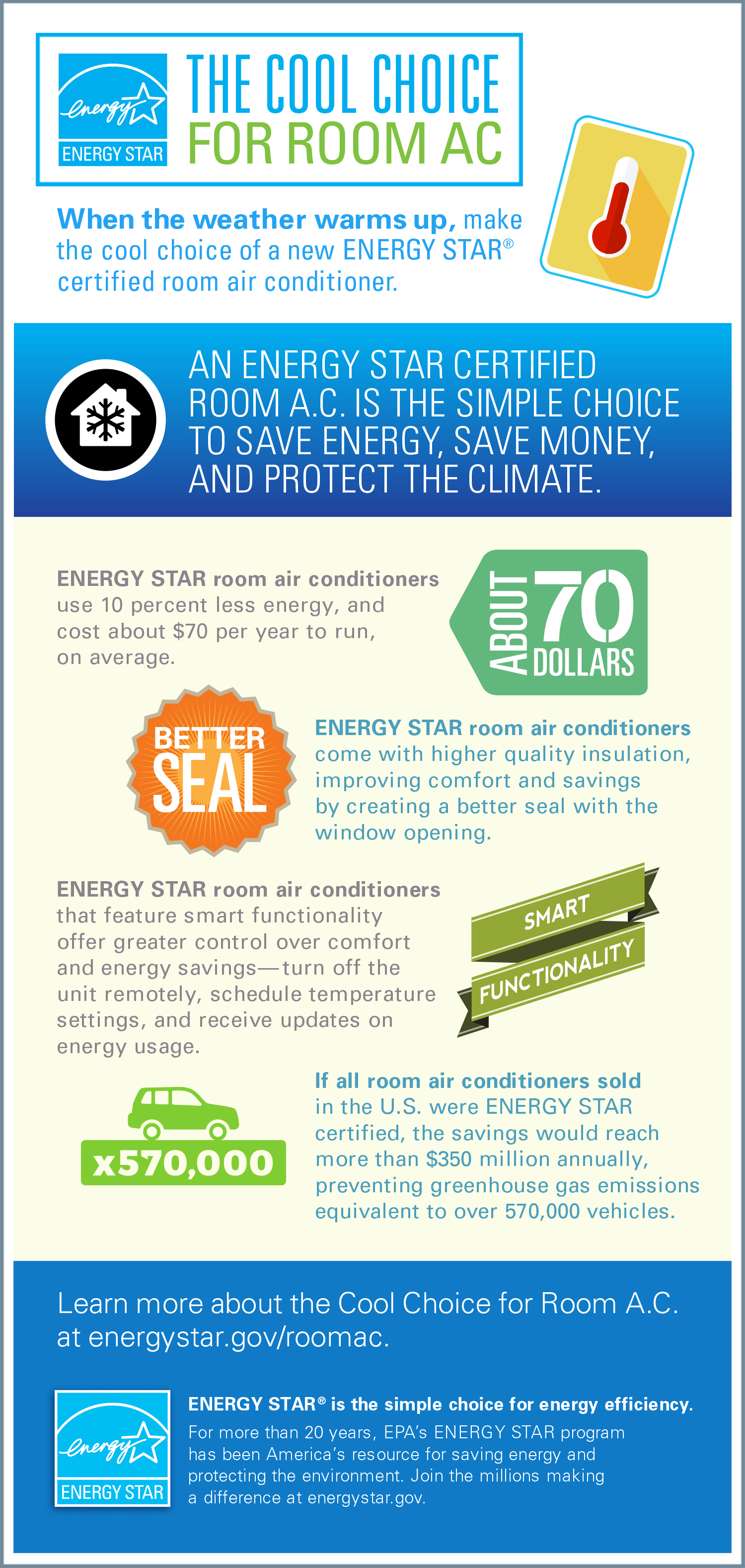The Future Of Home Home Heating - How Heatpump Technology Is Progressing
The Future Of Home Home Heating - How Heatpump Technology Is Progressing
Blog Article
Uploaded By-David Dominguez
Heatpump will be an essential technology for decarbonising heating. In a circumstance constant with governments' revealed energy and environment commitments, their international capacity increases by 2030, while their share in home heating rises to one-quarter.
They function best in well-insulated homes and count on electrical energy, which can be provided from an eco-friendly power grid. Technological innovations are making them a lot more reliable, smarter and more affordable.
Gas Cells
Heat pumps utilize a compressor, refrigerant, coils and followers to move the air and heat in homes and home appliances. They can be powered by solar energy or electrical power from the grid. They have actually been gaining appeal due to their inexpensive, quiet operation and the ability to produce power during peak power demand.
Some firms, like IdaTech and BG MicroGen, are working on fuel cells for home heating. These microgenerators can change a gas boiler and create some of a residence's electrical demands with a link to the power grid for the remainder.
Yet there are factors to be doubtful of using hydrogen for home heating, Rosenow states. It would certainly be expensive and inefficient contrasted to other innovations, and it would certainly contribute to carbon emissions.
Smart and Connected Technologies
Smart home technology permits house owners to connect and control their tools from another location with using mobile phone apps. For instance, wise thermostats can discover your home heating preferences and immediately get used to enhance energy consumption. Smart illumination systems can be managed with voice commands and automatically turn off lights when you leave the area, decreasing energy waste. And wise plugs can keep an eye on and manage your electric usage, enabling you to determine and limit energy-hungry appliances.
The tech-savvy home depicted in Carina's meeting is a great illustration of how occupants reconfigure area heating practices in the light of new smart home innovations. They rely on the gadgets' automatic features to execute everyday modifications and regard them as a hassle-free methods of conducting their home heating techniques. Because of this, they see no reason to adapt their methods additionally in order to enable flexibility in their home energy demand, and interventions targeting at doing so might encounter resistance from these houses.
Power
Given that heating up homes accounts for 13% of US emissions, a switch to cleaner options can make a large difference. Yet the modern technology faces difficulties: It's pricey and requires comprehensive home improvements. And it's not always compatible with renewable resource resources, such as solar and wind.
Until lately, electric heat pumps were as well costly to take on gas designs in the majority of markets. But brand-new advancements in design and products are making them much more cost effective. And how to clean heat pump indoor unit is allowing them to operate well also in subzero temperatures.
https://www.nbcnews.com/news/us-news/america-s-schools-are-falling-disrepair-no-solution-sight-experts-n1269261 following action in decarbonising home heating might be using warm networks, which attract warmth from a main resource, such as a close-by river or sea inlet, and distribute it to a network of homes or buildings. That would reduce carbon emissions and enable families to take advantage of renewable resource, such as environment-friendly power from a grid supplied by renewables. This alternative would be much less costly than switching over to hydrogen, a fossil fuel that needs brand-new framework and would only decrease carbon dioxide discharges by 5 percent if paired with improved home insulation.
Renewable Energy
As power prices go down, we're beginning to see the very same pattern in home heating that has actually driven electrical cars into the mainstream-- yet at an even faster speed. The solid climate case for electrifying homes has actually been pushed additionally by new research study.
Renewables represent a considerable share of contemporary heat usage, but have actually been given minimal policy focus globally contrasted to other end-use fields-- and even much less focus than electricity has. Partially, https://johnathanqzjrd.blogsvila.com/29441542/are-warmth-pumps-the-most-efficient-cooling-and-heating-option-for-your-home-a-relative-analysis reflects a mix of consumer inertia, divided motivations and, in numerous nations, subsidies for nonrenewable fuel sources.
New technologies might make the shift simpler. For example, heatpump can be made a lot more energy reliable by replacing old R-22 cooling agents with new ones that do not have the high GWPs of their predecessors. Some specialists likewise imagine area systems that attract heat from a nearby river or sea inlet, like a Norwegian fjord. The warm water can after that be used for heating and cooling in an area.